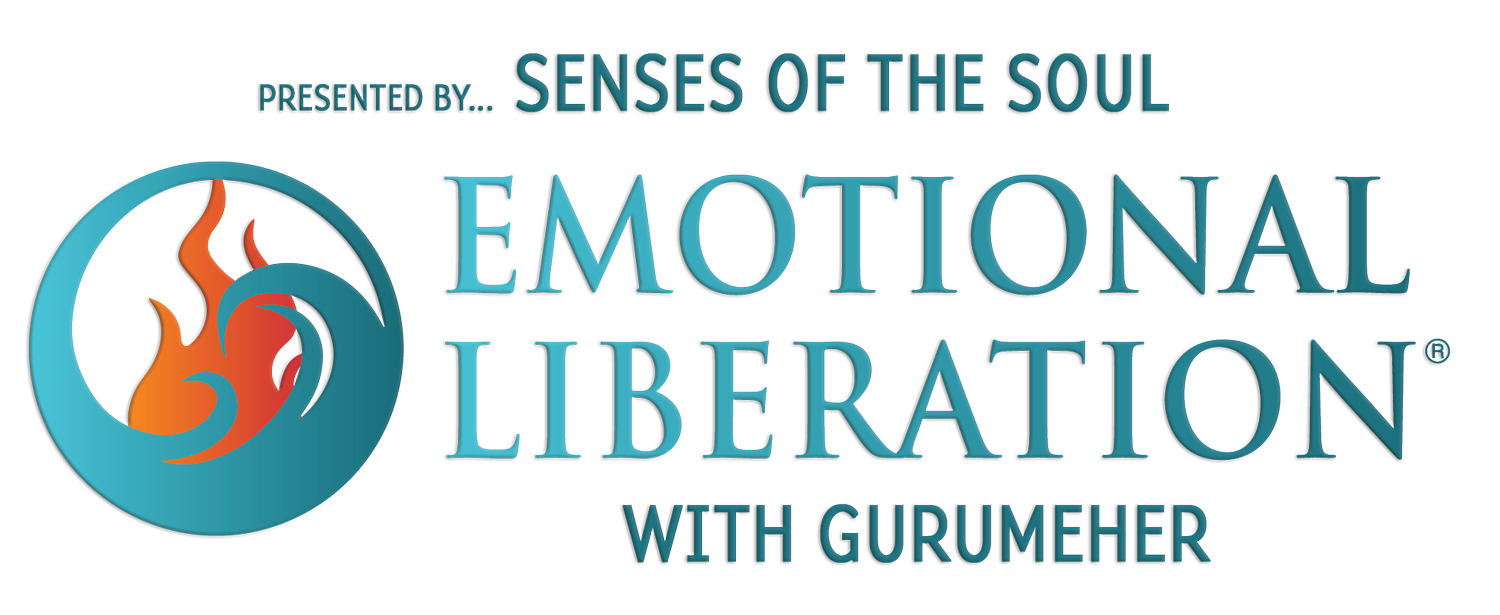Define and Defy Your Trauma
We all have our history of hurts. What happened to you? Your story shapes your life for better or worse. Your recovery process from life’s traumas leads you to suffer or thrive. We either learn and grow or remain hurt and damaged. So let’s understand this natural, lifelong process, and do it with skill. Yes, Survival and Recovery are learnable skills, and we all need them!You were born with all the equipment you need to heal, to become strong and whole in any circumstance. Your emotions, especially the heavy ones that don’t feel good, are essential partners in the healing process.“On the occasion of every accident that befalls you, remember to turn to yourself and inquire what power you have for turning it to use.” - Epictetus, c.100 ADThere is no one who doesn’t have this work to do; so let’s be compassionate and patient, but get to it. Even if the accident happened long ago, it’s never too late to learn.Let's define Trauma: it is both the event that harms and the mark left upon us from the event. Both the blow and the mark it leaves may be physical, mental, emotional and spiritual.Now, a working definition of successful healing: I am safer, stronger, wiser or more conscious in some way than I was before.How? The physical body heals itself under supportive conditions. Our emotions are designed to do the same for our mental/emotional health - when we work well with them. That is, when we consciously feel and intuitively follow their guidance.The same emotions you had at the time of the trauma recur or persist for your healing. So, the emotions you feel now in regard to any current or past event open an opportunity, like a portal to the past, to heal all previous events that brought up similar feelings. When you know now what you didn't know then, and can handle now what you couldn't handle before, the purpose of the event has been fulfilled. In this way pain is a remedy. No one is forever damaged!Here is a practical trauma and recovery model to work with:-We begin life clear, innocent and fresh, but vulnerable and impressionable to whatever may come.-The impact of harmful events leaves impressions on us about how life is here on earth.-These survival-based, adaptive assumptions create deep beliefs we are not aware of, but which rule our actions.-In response to those deep beliefs, we adopt coping mechanisms (much like grabbing the first floating object to save us after a shipwreck) in unconscious attempts to stay safe and manage life.-These behaviors work to get through life, but their negative affects accumulate.-When we can no longer take the collateral damage to our lives, something breaks down. That is the call for recovery, an opportunity to change.-When informed support for an upgraded strategy is available, we can change!-The earlier beliefs and behavioral habits are tenacious in their primitive attempt to save us, but they can be replaced through conscious effort.Now you try. Here is a worksheet to map your own trauma-based behaviors. Replace the (example) with your own.- Memory of your innocence before trauma hit:(Really happy at 5 years old, remember playing with Mom.)- Traumatic events:(Mother was stressed and under attentive to my needs. There was a lack of care that I received.)- Beliefs about yourself and the world:(I figured that I don't matter, I am unwanted. I am on my own here.)- Your belief- based behaviors (Coping mechanisms you adopted to survive, given your belief):(My coping was to withdraw, be silent sweet and take care of everyone else.)- The cumulative effects of the long term behavior originating from these beliefs:(The effect is that I have little time, health, money or love for myself. This confirms my belief that I don’t matter/ no one cares, which locks in the limiting behavior.)See it now? Next week we’ll look at the 9 essential factors in recovery!
